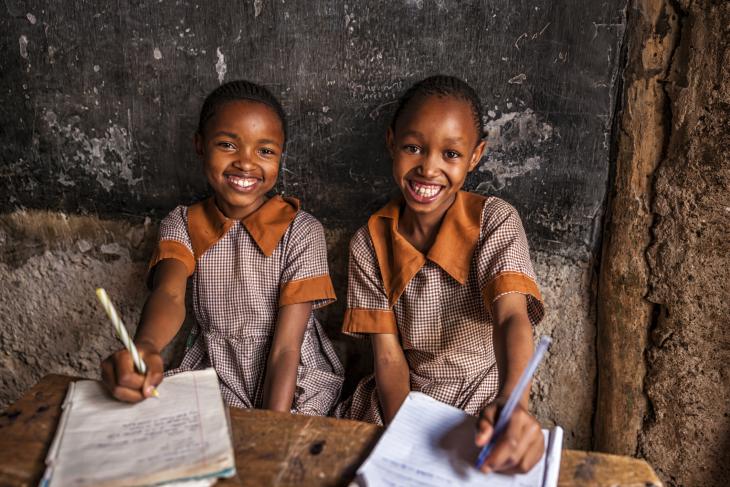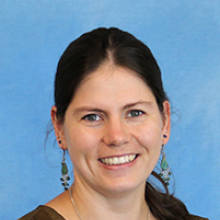Operational Research on Cash Transfers for the KEEP Remedial Education Project

Conflict, displacement, and poverty have made access to and continuation of education challenging for over 20,000 girls from Kakuma and Dadaab refugee camps and the surrounding communities. The World University Service of Canada (WUSC)’s Kenya Equity in Education Project (KEEP) aims to create a conducive learning environment that supports them.
WUSC, together with Windle International Kenya, implemented a cash transfer component as part of the KEEP project to address financial constraints and improve school attendance among the most marginalized girls. AIR was contracted to examine the implementation process and assess the impact of the KEEP cash transfer component.
AIR's Mixed-Methods Study
We conducted a mixed-methods study using a difference-in-difference analysis to assess the impact of the KEEP cash transfer on school attendance and performance, accompanied by a qualitative analysis to provide further insights into the implementation process. The study used extant quantitative data including school and household survey data, transcripts and reports of focus group discussions and interviews with beneficiaries and primary data from key informant interviews with program implementers.
The results of this study focused on the strengths and challenges of the implementation, the lessons learned for similar programs in different settings and the impact results for beneficiary girls and their environments.

